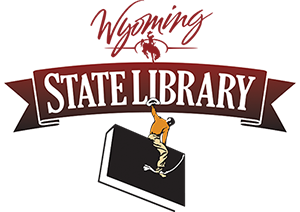Reposted and adapted from the Colorado Virtual Library
By Crystal Schimpf: Published on
Bylaws are one of several types of governing documents used by nonprofits, corporations, associations, societies, and governments. They are an essential set of rules that any organization must have in order to ensure consistency and fairness in the way the organization functions. Bylaws are one layer of “rules” for how the organization will regulate its own existence. Other important governing documents include the establishment documents (articles of incorporation, ordinance, or resolution), policy manuals, and procedural handbooks.
Bylaws regulate the way the board functions in order to provide good governance for the public library. The bylaws are the rules for how the board will function in meetings, when voting on library business, and as community leaders appointed as library trustees.
Whether revising your organization’s bylaws, or adopting bylaws for the first time, here are some things to take into consideration.
- Check with your parliamentary authority (e.g. Robert’s Rules of Order) for details on what articles and statements should be included in bylaws. Adjust these as needed to what is appropriate for your library board, keeping in mind that parliamentary authority is also utilized by large assemblies and member organizations.
- Verify that the requirements of Wyoming Statute are addressed, including but not limited to, rules and regulations for the conducting of meetings, rules for public participation, and length and limits of board member terms. (See Wyoming Library Laws.)
- Be careful not to supersede other Wyoming state laws or local ordinances, including open meeting requirements.
- Avoid including procedural details in the bylaws, or any detail that might need to change frequently. Procedural information can be included in a board handbook or other procedural document that can be updated more frequently.
- Avoid duplication of information. Consider if some details are more appropriate for a separate governance document (e.g. fiscal policy), or if it is already included in board approved planning documents (e.g. strategic plan).
- When possible, have your library’s legal counsel review significant changes to the bylaws before approving and adopting.
For additional information on bylaws, take a look at these resources:
- A Beginner’s Guide to Governing Documents & Rules by Sarah E. Merkle (Law of Order Blog)
- Laws, Bylaws, and Robert’s Rules by Sarah E. Merkle (Law of Order Blog)
- 3 Essential Facts About Bylaws by Sarah E. Merkle (Law of Order Blog)
- Amend Bylaws or Revise Bylaws? by Ann Macfarlane (Jurassic Parliament)
- Public Library Sample Policies (Colorado State Library)
